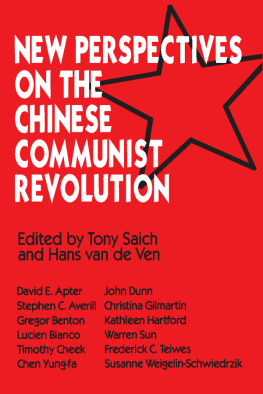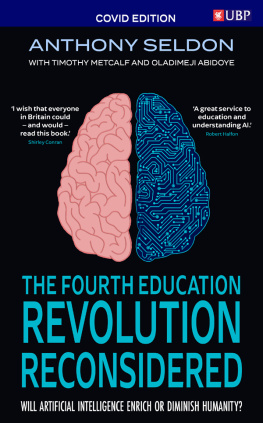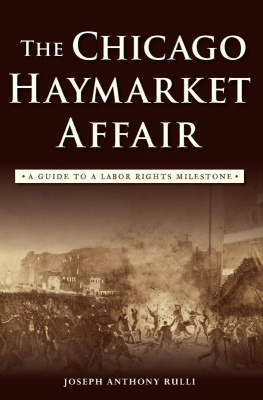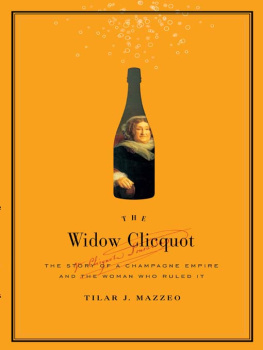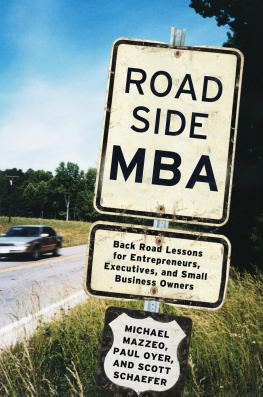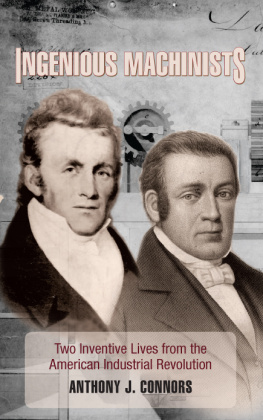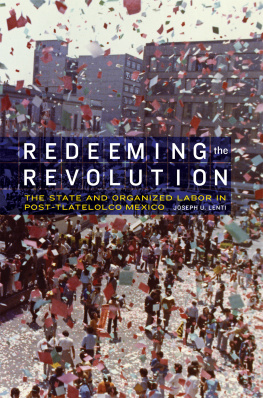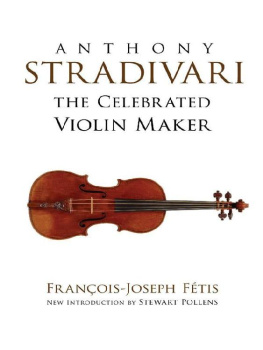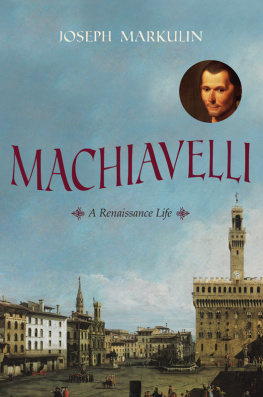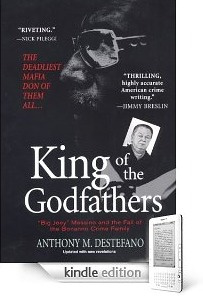ROUTLEDGE LIBRARY EDITIONS: THE RENAISSANCE
Volume 7
Renaissance and Revolution
First published as a University Paperback in 1969 by Methuen & Co. Ltd
This edition first published in 2020
by Routledge
2 Park Square, Milton Park, Abingdon, Oxon OX14 4RN
and by Routledge
52 Vanderbilt Avenue, New York, NY 10017
Routledge is an imprint of the Taylor & Francis Group, an informa business
1965 Joseph Anthony Mazzeo
All rights reserved. No part of this book may be reprinted or reproduced or utilised in any form or by any electronic, mechanical, or other means, now known or hereafter invented, including photocopying and recording, or in any information storage or retrieval system, without permission in writing from the publishers.
Trademark notice: Product or corporate names may be trademarks or registered trademarks, and are used only for identification and explanation without intent to infringe.
British Library Cataloguing in Publication Data
A catalogue record for this book is available from the British Library
ISBN: 978-0-367-25398-1 (Set)
ISBN: 978-0-429-29609-3 (Set) (ebk)
ISBN: 978-0-367-27252-4 (Volume 7) (hbk)
ISBN: 978-0-429-29580-5 (Volume 7) (ebk)
Publishers Note
The publisher has gone to great lengths to ensure the quality of this reprint but points out that some imperfections in the original copies may be apparent.
Disclaimer
The publisher has made every effort to trace copyright holders and would welcome correspondence from those they have been unable to trace.
Joseph Anthony Mazzeo
Renaissance and Revolution
The Remaking of European Thought
First published in England 1967 by
Martin Seeker & Warburg Limited
14 Carlisle Street, London W1
University Paperback edition published 1969
Copyright 1965 Joseph Anthony Mazzeo
Printed in Great Britain by
Fletcher & Son Ltd, Norwich
S B N 416 29820 6
This book is available in both hardbound and paperback editions. The paperback edition is sold subject to the condition that it shall not, by way of trade or otherwise, be lent, re-sold, hired out, or otherwise circulated without the publishers prior consent in any form of binding or cover other than that in which it is published and without a similar condition including this condition being imposed on the subsequent purchaser.
Acknowledgements
I would like to thank the following for permission to quote from various works: Longmans, Green and Co., Ltd. and McGraw-Hill, Inc., for John Plamenatz, Man and Society; Routledge and Kegan Paul, Ltd., for C. D. Broad, Ethics and the History of Philosophy and Karl Vossler, The Spirit of Language in Civilization; Sheed & Ward, Inc., for H.-I. Marrou, A History of Education in Antiquity; Washington University Press for R. F. Jones, Ancients and Moderns; Basil Blackwell, Ltd., for Michael Oakeshotts introduction to his edition of Hobbes, Leviathan; International Universities Press, Inc., for Ernst Kris, Psychoanalytic Explorations in Art. The chapter on Machiavelli in this book is based entirely on studies I published earlier in Renaissance and Seventeenth-Century Studies (Columbia University Press, New York, and Routledge and Kegan Paul, London, 1964).
Preface
I have written this book primarily for laymen, whether students or adults, although I allow myself to hope that scholars interested in the Renaissance may also find it useful. A work of this kind, in which the author has to reach out from his more or less specialized interests into other disciplines and into the realm of large generalizations, must depend more heavily on the labors of other scholars than a work of specialized character. Nevertheless, none of us is entirely a specialist, nor do we refrain, in thought or conversation, or even in print, from drawing large conclusions from a finite store of particular knowledge or from speculating about what conclusions might be drawn from other intellectual disciplines over which we possess no authoritative command. In this respect we are all laymen and must try to pass from those things we know well and are certain of to others, more encompassing and more important, perhaps, but less precise. The whole can, in fact, be glimpsed from the part, but only if ones knowledge of the part is deep enough and if one can apprehend what others, who start with different interests or from different points of departure, have made of it. Then perhaps the final vision may not be too obscure.
Thus the scholar will recognize my debt in this work, not only to great figures of the past like Jacob Burckhardt or J. B. Bury, but to distinguished contemporaries as well. I have, in the text, given many specific acknowledgments, but I would like to state here how much my own thinking was stimulated and my own investigations guided by the work of R. F. Jones and F. J. Anderson on Bacon, of Michael Oakeshott on Hobbes, of John Plamenatz on the idea of progress, P. O. Kristeller and Erwin Panofsky on the Renaissance and humanism, of Marjorie Hope Nicolson on the relations between seventeenth-century literature and science, of Felix Gilbert on Machiavelli and H.-I. Marrou on classical education and its ideals.
A brief book on the intellectual backgrounds of the literature of the Renaissance could easily become a catalogue raisonn. The Renaissance was a European movement to which many men and several nations contributed. So much seems to demand inclusion, so many generalizations demand qualification, that the task seems endless if it is not to result in a superficial treatment of an era whose great complexity equals its importance. Moreover, it is the kind of subject no man can hope truly to command, the kind of work which cries out for lots of space and collaboration on the scale of the Cambridge histories. On the other hand, as I have already suggested, those of us who have worked extensively on this period of our culture, whether as historians or as students of the art, literature, or thought of the era, do finally come to have some sense of what in the Renaissance was new and of enduring importance.
In this book, then, I have tried to isolate some of the great new themes, the revolutionary shifts in thought, taste, or perception as they manifest themselves in the work of crucial writers and thinkers. My own sense of the civilization of the Renaissance, insofar as it is concrete and specific, has come about largely through a number of studies in depth, and this is the only way I can hope to convey it to my readers without an excess of abstraction and generalization. My discussion, therefore, is anchored in the extensive treatment of a few selected authors, who are magisterial and comprehensive as well as somehow typical: Machiavelli, Castiglione, Bacon, and Hobbes. I have, moreover, tried to enrich my analysis of their work by relevant allusion to the related work of others, in England and elsewhere. The reader will thus find, for example, some pages on Galileo and Descartes in the chapter on Bacon, and on Montaigne in the chapter on Castiglione.
Obviously, other figures could have been chosen to bear the weight of my discussion. My excuse can only be that my authors are important and rich, that they lend themselves admirably to the use I wish to put them to, and that I know their works better than those of some others I could have chosen. I might, too, have chosen to delineate the intellectual background through the literary foreground, so to speak. A chapter on the historical and political plays of Shakespeare instead of one on Machiavelli would have permitted me to say many of the same or similar things and to make abundant reference to the Machiavelli of the Elizabethans. Such a procedure has sometimes been followed, and with success, in books on a theme like the one I have chosen. I have, however, rejected this alternative for what I take to be important reasons. An artist will always make a personal diffraction of the surrounding culture. He may respond only to some limited aspects of thought in his time, or he may make a quite personal and idiosyncratic use of those ideas which capture his imagination. And to the extent that he is a great artist, his diffraction will probably be untypical, his work will transcend the ideas and attitudes one can find in it. Also, works of the poetic imagination of the order of Don Quixote or Henry IV cannot really be wisely or tastefully used entirely as documents. There is often a peculiar irrelevance, both scholarly and aesthetic, in ripping allusions and ideas out of a dramatic and literary context and using them to develop the world-view of the author or his age. Philosophical poets like Dante can lend themselves to a careful modification of this procedure, but few poets were either philosophical enough or systematic enough in dealing with ideas to withstand such treatment. Where, as in Dante, the ideas are, in some sense, the poetry itself or a large part of it, the background is the foreground and we do not really need to go beyond him very much in order to elucidate him.




